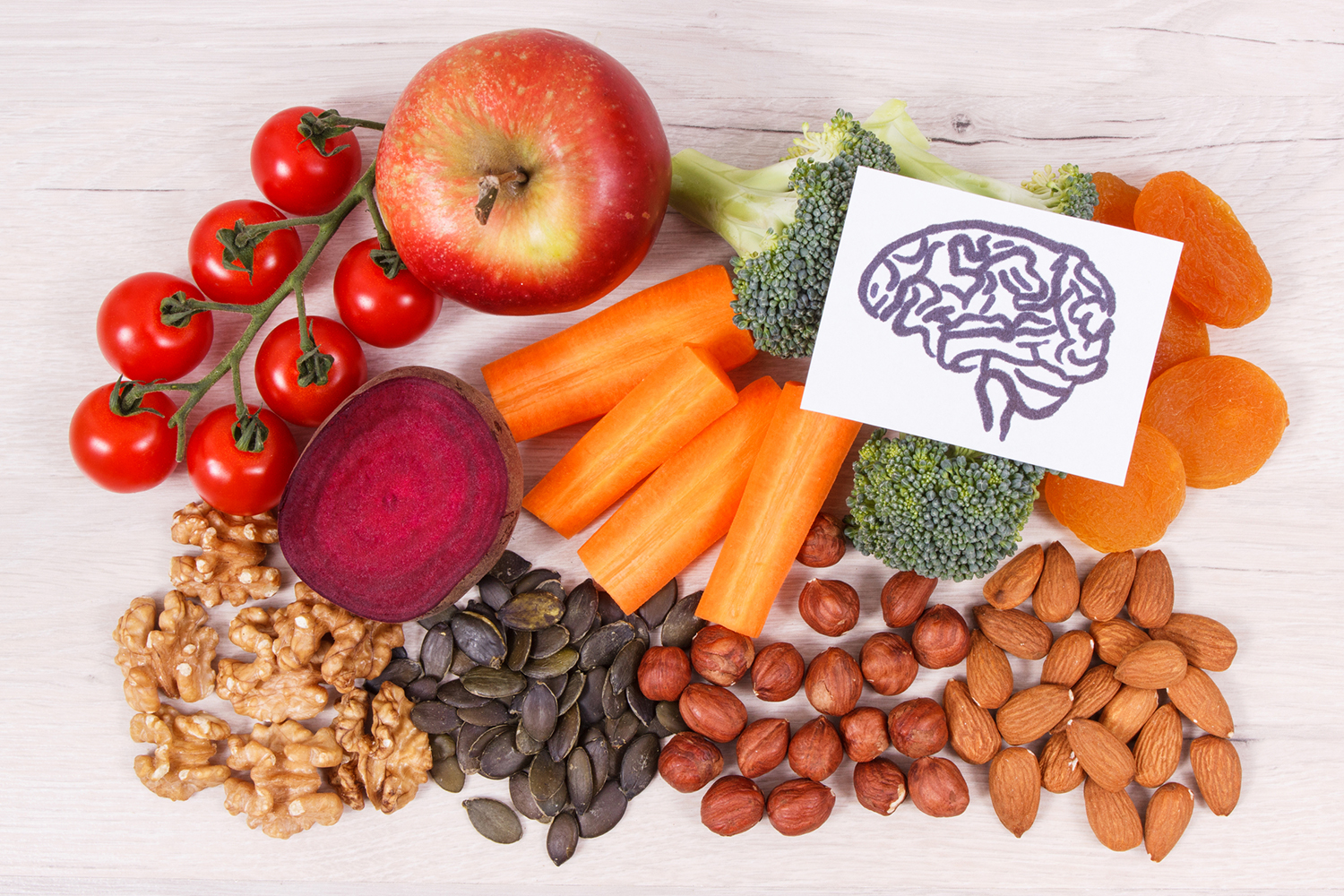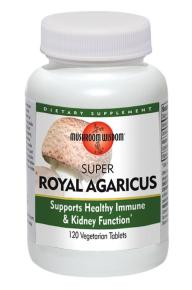A diverse, nutritious diet is central to optimal cognitive health. Brain cells require specific nutrients for normal metabolism and function. If the level of the nutrients that regulate cellular processes gets low, brain cells can become malnourished and overall brain function may be reduced.
To ensure the brain gets the nutrients it needs, it is important to maintain a healthy diet rich in healthy fats, omega-3 fatty acids, and other beneficial compounds. Fortunately, there are many delicious ways to fuel the brain.
Nutrition for Brain Health
As has been shown by numerous scientific studies, these are bona fide brain foods.
-
Healthy Fats in Nuts Improve Cognition
Studies have shown that nuts like walnuts and almonds, rich in “healthy fats,” may be useful in supporting cognitive health. Nuts are a source of monounsaturated and polyunsaturated fatty acids while also being low in saturated fats.
These attributes make them good foods for keeping blood pressure in check. According to clinical studies, high blood pressure is linked to cognitive decline. Another study showed improved cognition among older adults who included nuts in their diet.
-
Omega 3s in Fish Reduce Stroke Risk
Fish and seafood are a well-established cornerstone of a healthy diet. The American Heart Association (AHA) recommends eating two servings of fish per week, with a preference for fattier fish like salmon, sardines, whitefish, and tuna. Fatty fish are good sources of omega-3 fatty acids, which, according to the AHA, have been shown to reduce the risk of heart disease and stroke.
As is the case with nuts and other foods rich in “good fats,” consumption of these foods can reduce cardiovascular risk, which is associated with positive cognitive outcomes. Higher rates of fish consumption may also lower the risk of dementia, according to clinical studies.
-
Flavonoid-Rich Foods Improve Neuroplasticity
Flavonoids refer to certain compounds with possible medicinal applications found to naturally occur in many plants, fruits, and vegetables. The naturally occurring chemicals have been found to reduce inflammation and support the protection of neurons from toxins. These benefits can support memory and cognitive health.
Foods with high concentrations of flavonoids include tea, cocoa, and berries. Studies suggest that consumption of cacao (made from cocoa beans) may enhance neuroplasticity with positive behavioral and brain health outcomes. In other clinical studies, berries were shown to aid in the prevention of age-related neurodegenerative diseases by helping to regulate inflammation and cellular function.
-
Citicoline Supports Overall Cognitive Health
Citicoline, a nutrient found in all human cells, supports overall cognitive function by making sure critical nutrients are received by the brain. Clinical studies show that supplementation with citicoline can help with focus, attention, memory, and mental energy.
Cognizin® is a patented form of citicoline for use in foods, beverages, and dietary supplements. Cognizin has been studied for its effects on focus, attention, and nutrition for brain energy. In clinical trials, Cognizin® was associated with positive outcomes in memory and attention.
Products made with Cognizin® offer the cognitive support benefits of a safe, high-quality, clinically studied citicoline ingredient.
Visit the Cognizin® website to learn more about the cognitive benefits of citicoline.




